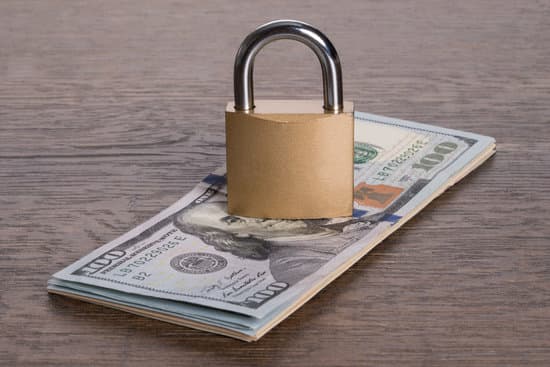
In today’s digital age, where financial transactions are increasingly conducted online, the risk of fraud and identity theft has never been more pronounced. Proverbs 27:23 instructs us to “be sure to know the condition of your flocks; give careful attention to the state of your herds.” Just as a shepherd vigilantly protects his flock, as stewards of God’s resources it is essential for us to guard our financial resources and personal information with utmost care. Here’s how you can reduce the risks and ensure your financial peace of mind.
The first step in protecting yourself from fraud and identity theft is understanding how these crimes occur. Cybercriminals can steal personal information through various methods, including phishing emails, data breaches, unsecured internet connections, and more. Once they have your information, they can potentially access your financial accounts, make unauthorized purchases, or open new accounts in your name.
As financial advisors, one scheme we’re on the lookout for is scammers who have hijacked clients’ email accounts and send fraudulent emails to us requesting us to send them (you) funds, usually accompanied by some urgent crisis that has arisen. That’s why we make it a practice to call and verbally check with you whenever we get requests for money to be sent to new bank accounts, regardless of how much the email might sound like you.
While we do what we can to protect the funds you’ve entrusted to us, there are some great practical steps you can put into place to help limit the risk of fraud and ID theft.
Strengthen Your Passwords: Use complex passwords that are difficult to guess. Consider using a password manager to generate and store your passwords securely. While we’re not security professionals, our understanding is that longer passwords of random words can be more difficult to break than shorter passwords, even if they include symbols and numbers.
Enable Two-Factor Authentication: Wherever possible, activate two-factor authentication on your financial accounts. This adds an extra layer of security by requiring a second form of verification.
Monitor Your Accounts Regularly: Regularly review your bank and credit card statements for any unauthorized transactions. Set up alerts so that you receive notifications of any suspicious activity.
Be Wary of Phishing Scams: Be cautious of emails or messages that request personal information or direct you to a website where you are supposed to enter your details. When in doubt, directly contact the organization through verified channels. These are most commonly sent from what appears to be online payment providers (think PayPal), banks, antivirus software providers (trying to convince you there is a hacker who has accessed your information), utility companies, and so on.
Don’t click on links you’re not sure of: Related to Phishing Scams, most of these get triggered by clicking on the links that scammers send to your email. Never click on a link in an email that you’re not absolutely sure of as it can plant tracking software and other malware in your computer.
Secure Your Personal Documents: Keep sensitive documents, such as your Social Security card, in a safe place and shred any old documents that may contain personal information.
Use Secure Networks: Avoid conducting financial transactions over public Wi-Fi networks. Use a secure and private connection whenever accessing your financial accounts online.
To further protect yourself, consider subscribing to a credit monitoring service. These services can alert you to changes in your credit report, which might indicate fraudulent activity. Here are a few recommended options:
LifeLock: Offers a comprehensive suite of identity theft protection tools, including credit monitoring, alerts on suspicious uses of your SSN, and identity restoration support.
Experian IdentityWorks: Provides credit monitoring across all three major credit bureaus, real-time fraud alerts, and identity theft insurance.
Credit Karma: Offers free credit monitoring services, providing alerts about important changes to your credit reports, helping you spot potential fraud early.
Identity Guard: Uses artificial intelligence to monitor your personal and financial information, offering alerts and support in case of identity theft.
Most of the services provided by these companies can be done for free by yourself, but they take diligence to stay on top of and paying for an extra layer of protection can also provide some insurance in case your identity does get stolen.
In our journey to financial stability and growth, don’t overlook the importance of securing the resources you’ve worked so hard to accumulate. By taking proactive steps to safeguard your information and using tools like credit monitoring services, you can protect yourself and your loved ones from the disruptions of fraud and identity theft.
The bible is clear that God alone is our security, our protector, our refuge. There’s no amount of preventative measures that can guarantee your online safety and protect your investments and identity. We should do all we can prudently do to avoid unnecessary risks and protect ourselves. But ultimately we should look to God alone for our real security in life.
Let’s continue to steward our financial resources wisely, ensuring they are used for the good of ourselves and others. For more personalized advice on protecting your finances, feel free to reach out. Together, we can build a safer financial future.
BACK TO NEWS